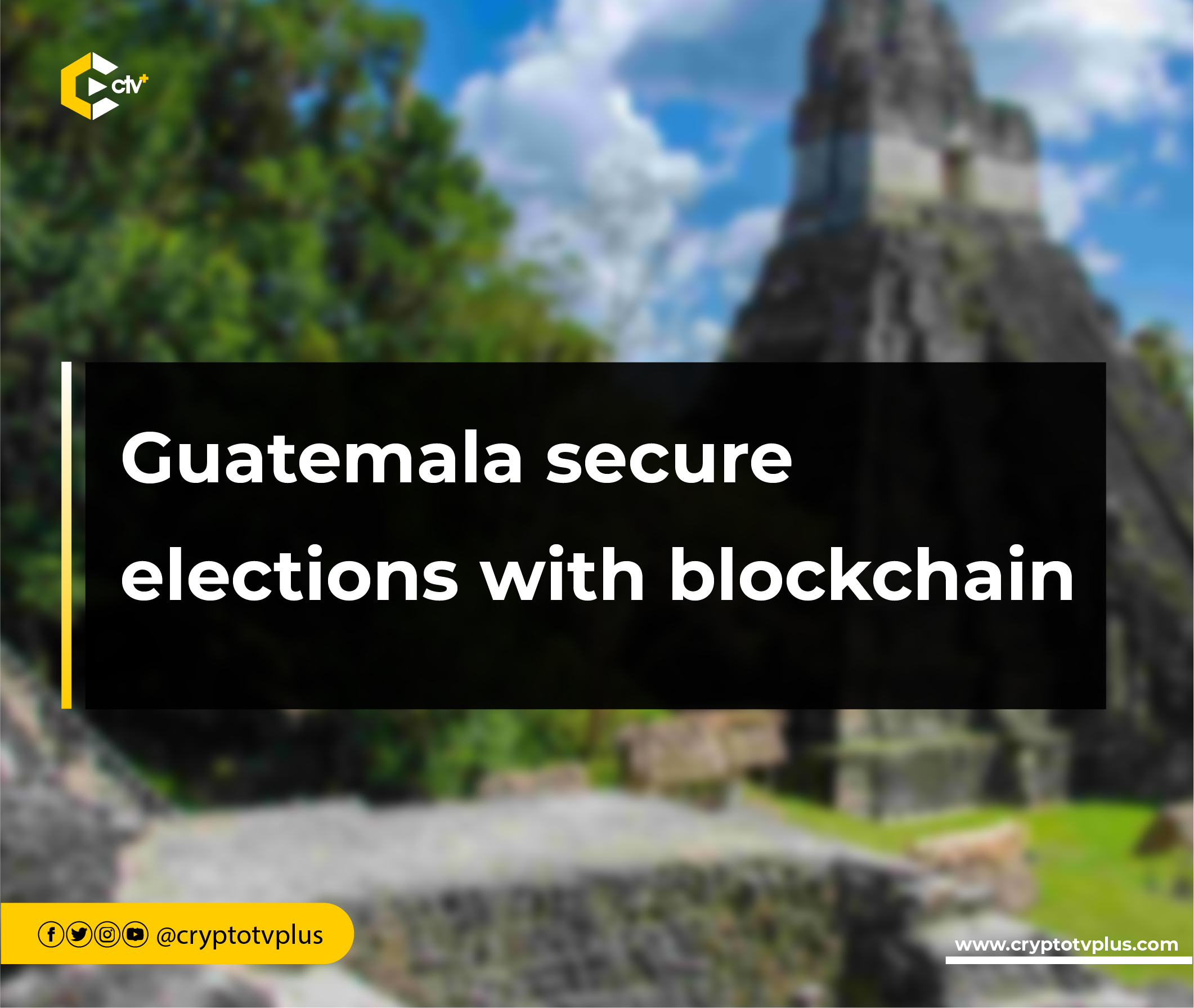News
Guatemala secure elections with blockchain

The Supreme Election Tribunal in Guatemala is demonstrating an innovative approach to maintaining electoral integrity by harnessing the power of blockchain technology and Bitcoin timestamping.
According to Cryptopolitan, Guatemalan tech startup Simple Proof partnered with Bitcoin developer Peter Todd’s tool called OpenTimestamps to verify the authenticity of election-related documents.
They created a cryptographic timestamp of essential election data and embedded it in the Bitcoin blockchain, creating an unalterable record of that information.
OpenTimestamps, powered by a mathematical algorithm known as a hash function, ran this function on election data and stored the result in the Bitcoin blockchain, creating a permanent, immutable record as proof of when the data was created.
Moreover, OpenTimestamps has the ability to detect changes to the data after the timestamp is created by comparing the original hash stored in the blockchain to the current hash of the data.
To efficiently store large amounts of data in the blockchain without overloading it, OpenTimestamps utilized Merkle trees, which are data structures combining numerous pieces of data into a single “root hash” stored in a single transaction on the blockchain.
In response to longstanding issues with political corruption and election fraud in Guatemala, the Supreme Elections Tribunal (TSE) collaborated with ITZ DATA, a blockchain technology company, to implement the Simple Proof system, known as “Immutable Backup,“ to protect election documents from tampering.
This partnership with the TSE, according to Rafael Cordón, co-founder of Simple Proof, provides an important layer of transparency and accountability, allowing any citizen to independently verify the integrity of the election documents.
Furthermore, this system gives Guatemalans a “window into the election process” by allowing them to access and independently verify the timestamp data for each tally sheet, although it doesn’t validate the accuracy of the information on the tally sheets themselves. This approach enhances transparency into the election’s operations.
However, the recent presidential election in Guatemala, which sparked significant controversy and accusations of fraud against the newly elected president, Bernardo Arévalo, demonstrated the system’s effectiveness.
In the case of the National Unity of Hope (UNE) party’s screenshot, the timestamp data’s public accessibility allowed for independent verification, effectively refuting false claims made by the UNE party.
The use of Bitcoin and OpenTimestamps provided a critical degree of transparency and accountability, helping avoid further political instability.
Using Bitcoin and OpenTimestamps in the context of elections has far-reaching implications. These technologies can play an important role in preserving the integrity of the democratic process beyond conducting financial transactions.
Guatemala’s use of these tools serves as a blueprint for other nations seeking to ensure transparent elections.
This is not the first time Bitcoin has risen to national discourse and found a way to influence national politics. In El Salvador, Bitcoin has become a legal tender, with the government led by Nayib Bukele actively driving programs to make it even better to exchange value using Bitcoin.

























Pingback: Tennessee GOP uses Bitcoin for election result security | CryptoTvplus